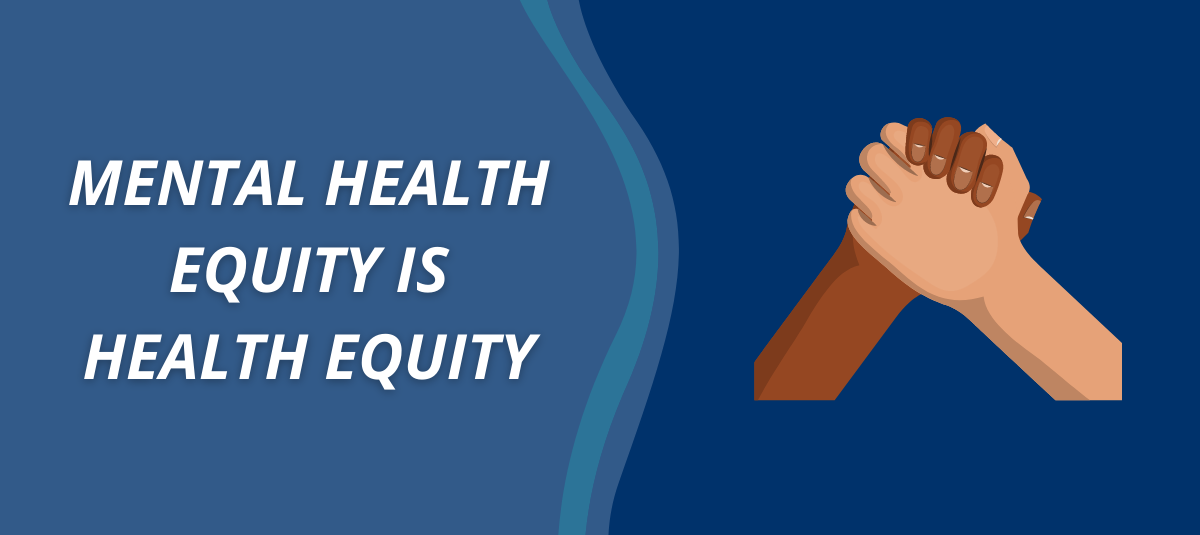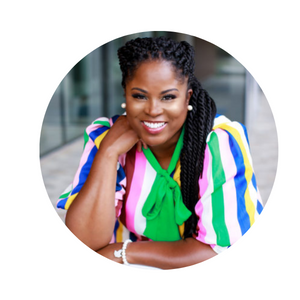When it comes to mental health, it’s easy to see that not everyone has access to the same resources or help when they need it. From a lack of affordable therapy, to cultural stigmas, to unequal access to mental health education, the disparities are apparent. The goal that this access should be equal is known as mental health equity, and it specifically focuses on the ability (or inability) to access quality and appropriate healthcare services.
For marginalized communities, mental health is an important issue that can often go unaddressed. Black, Indigenous, and People of color (BIPOC) and lesbian, gay, bisexual, transgender, queer and questioning (LGBTQ+) young adults experience higher rates of negative physical and mental health outcomes due to social, economic, and environmental inequities that are rooted in systemic oppression and discrimination. This can lead to feeling like there is no adequate support system available to them, and therefore they can’t properly take care of their mental health.
One way to counteract health inequity is for all communities to have access to culturally sensitive and inclusive services. Active Minds is doing its part to advance health equity and ensure resources are available in three ways: (1) Organizational Commitment, (2) Investing in Youth and Young Adults, and (3) Supporting Relevant Research.
Organizational Commitment
We believe an emotionally healthy world is not possible without a just world. To advance mental health equity, Active Minds references the national culturally and linguistically appropriate services standards also known as CLAS. The principle standard regarding mental health equity requires organizations to “provide effective, equitable, understandable, and respectful quality care and services that are responsive to diverse cultural health beliefs and practices, preferred languages, health literacy, and other communication needs”. We certainly take this seriously at Active Minds and have developed an Anti-Racism and Inclusion Plan that ensures we do our due diligence in being equitable and inclusive. Because systemic racism is a mental health and public health crisis, our work to change the culture around mental health includes ending the systemic racism in that same culture. We know that everyone plays a vital role in this work and our staff has a commitment to be a part of the solution.
Investing in Youth and Young Adults
At Active Minds, we know that the mental health challenges among young adults are on the rise and that these same young adults have the power to incite change. Through the Your Voice is Your Power Ambassador Program this summer, we elevated the voices of BIPOC and LGBTQ+ young adults. During this experience, high school students were supported as they engaged key stakeholders at their respective schools in a meaningful conversation about the mental health of BIPOC and LGBTQ+ students.
This fall, we also initiated the Active Minds Mental Health Advocacy Academy. This academy is the only leadership development and mental health advocacy academy in the country that empowers BIPOC and LGBTQ+ high school students to foster change in their schools, communities, and states. The academy prepares high school students for lifelong engagement on advocacy, grassroots organizing, and political engagement around mental health.
Supporting Relevant Research
Additionally, the Active Minds Emerging Scholars Fellowship, generously supported by the Scattergood Foundation for Behavioral Health, provides an opportunity for students to complete funded, independent mental health projects and to be connected with a network of young scholars and national experts in the field of behavioral health. The Emerging Scholars Fellowship program aims to expand the body of literature, creative expression, and discourse devoted to mental health with a particular emphasis on health equity and anti-racism related to young adult mental health. This year from March to August 2021, the fellows completed their projects and continued their preparation to serve as professionals in behavioral health. In the next few years, this program will grow and support more students who are ready to enter the workforce with an understanding of mental health equity.
Overall, we know that mental health equity is critical and that we have a role in ensuring everyone has equal and substantial access to the healthcare they need. This begins at the organizational level, with our staff, and continues in the work we do with our young adults, our partners, and our network. We’re thankful for your support and excited to be part of a change for the better.




